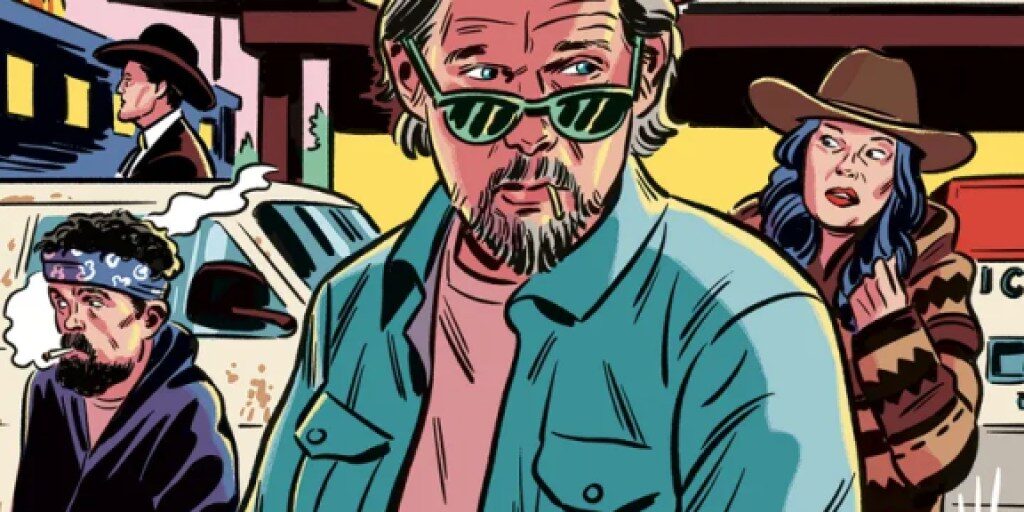Style

A Children’s Book That Actually Feels Like Childhood
One of the perks of parenthood, it is often said, is to relive the joys of one’s youth, to share with your child everything you once loved—especially books. Before...
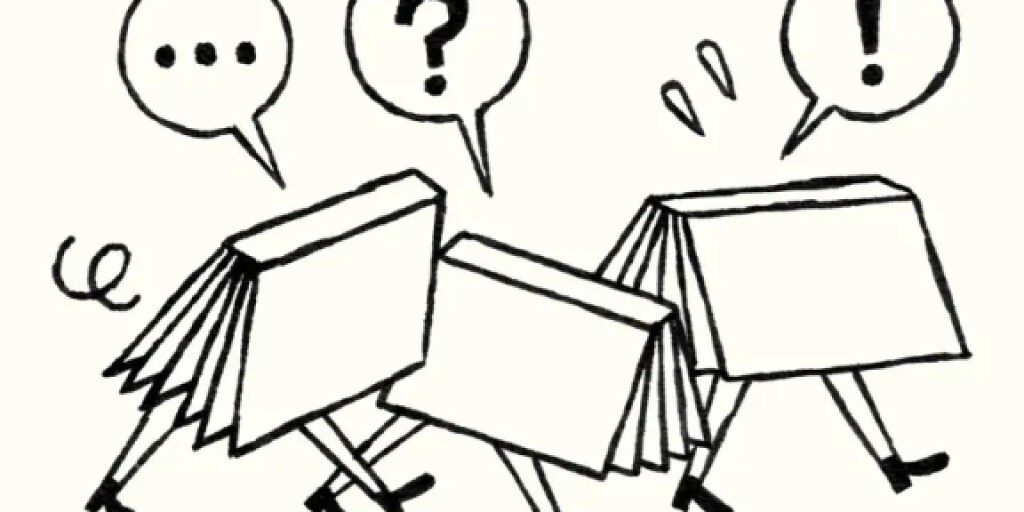
The Mother as Antihero
Sasha Bonét’s matrilineal memoir, “The Waterbearers,” traces the lives of her mother and grandmother: powerful, complicated women whose personalities have been shaped by the rough edges of American society....
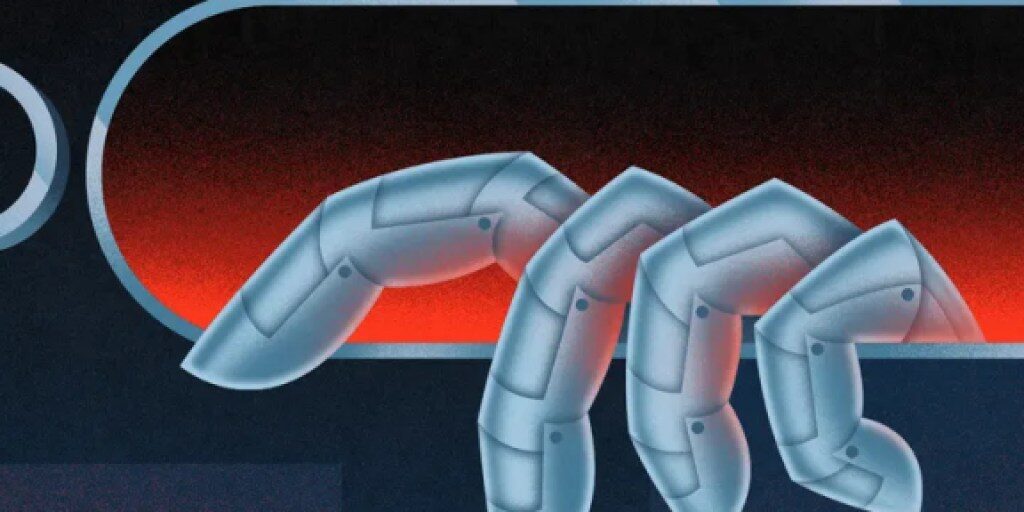
The A.I. Bubble Is Coming for Your Browser
There’s an old business maxim dating to the California gold rush: it’s easier to make money selling picks and shovels to aspiring miners than to strike it rich finding...

Gary Shteyngart’s Tragicomedy of the Penis in “The Guy Who Got Cut Wrong”
Watch “The Guy Who Got Cut Wrong.” Gary Shteyngart was just seven years old when his family emigrated from the Soviet Union and settled in Queens. He remembers the...
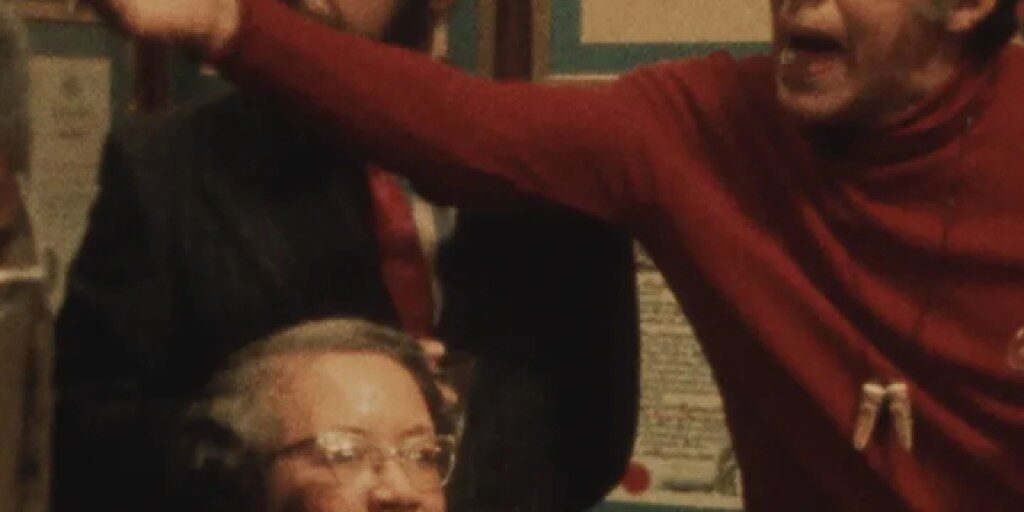
“Once Upon a Time in Harlem” Is a Film for the Ages
The Harlem Renaissance—the subject that everyone had gathered to discuss—is described in the film by Major as the first time that Black people were recognized as creative people; by...

We’re Still Living in Man Ray’s Shadow
The Met’s stress on quartz gun and fern—that is, on the rayographs—is a welcome departure from Man Ray’s familiar cast of naked and famous people. His first batch, “Champs...
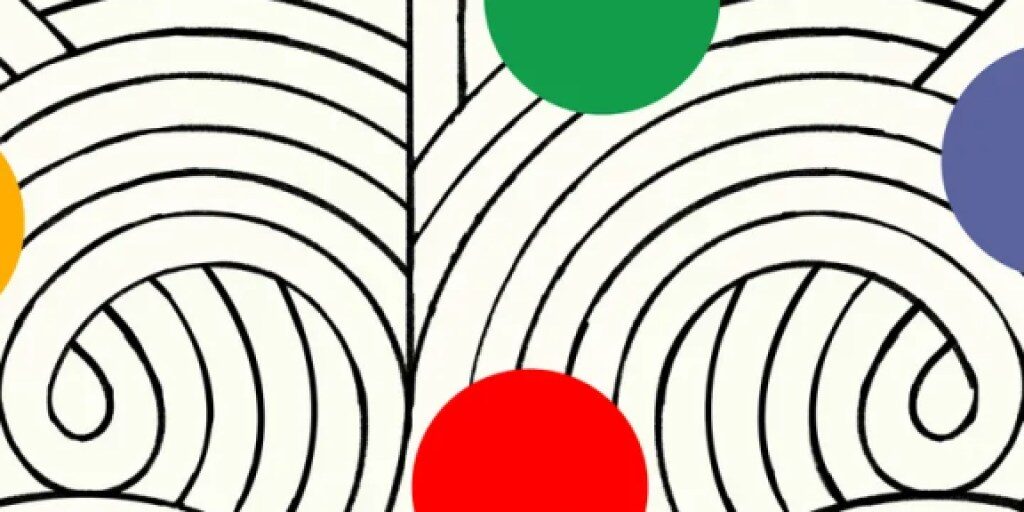
The Art of the Impersonal Essay, by Zadie Smith
If it were up to me, for example, I would very happily switch that rickety, always ill-fitting term “humanism” with something broader, more capacious. A bright, shiny neologism that...
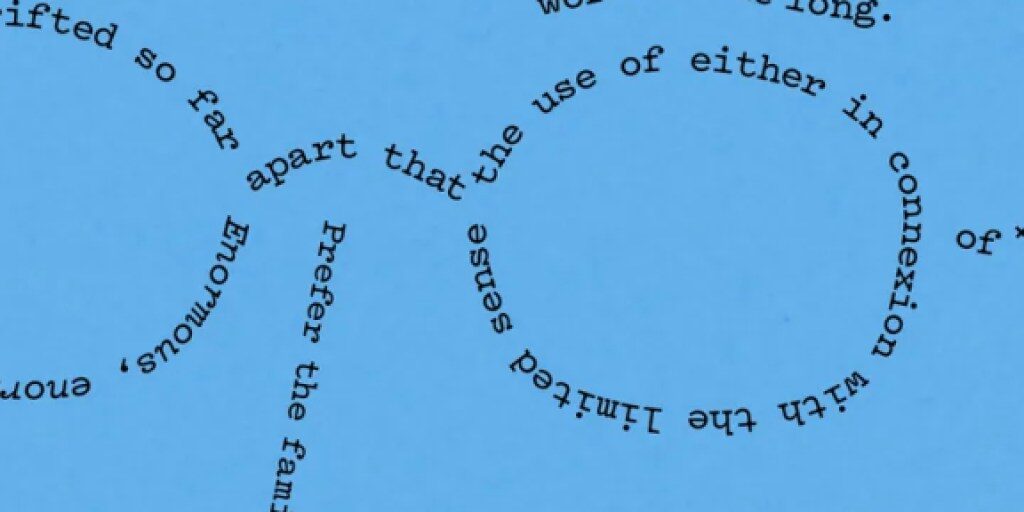
The Autocrat of English Usage
In 1940, St. Clair McKelway typed a memo to William Shawn, The New Yorker’s managing editor for fact. McKelway was writing a six-part Profile of Walter Winchell for the...

The Uses and Abuses of “Antisemitism”
How a term coined to describe a nineteenth-century politics of exclusion would become a diagnosis, a political cudgel, and a rallying cry. Source link

Ian McEwan Casts the Climate Crisis as a Story of Adultery
At the start of “What We Can Know,” Ian McEwan’s eighteenth novel, the year is 2119 and the humanities are still in crisis. Thomas Metcalfe, a scholar of the...


